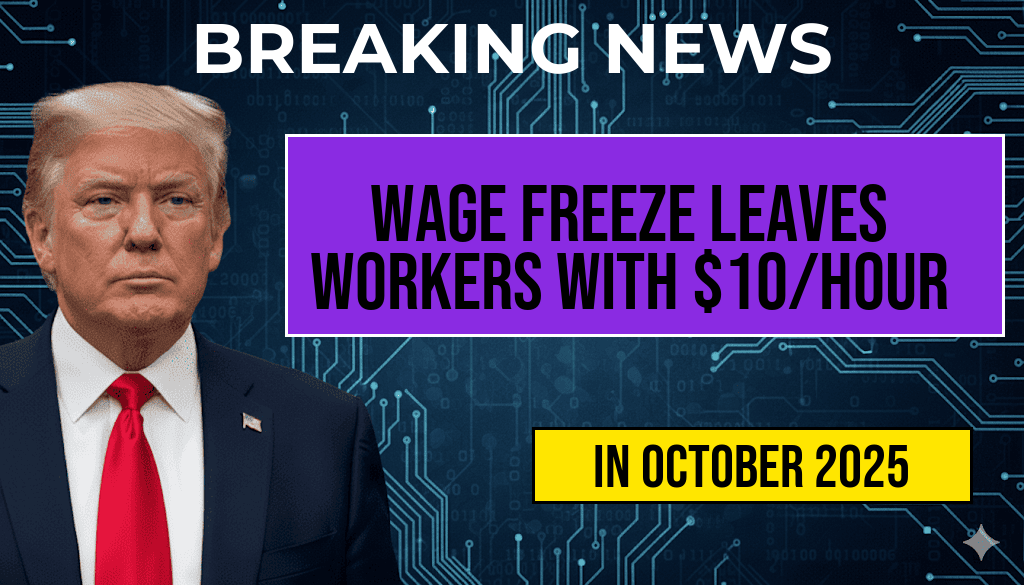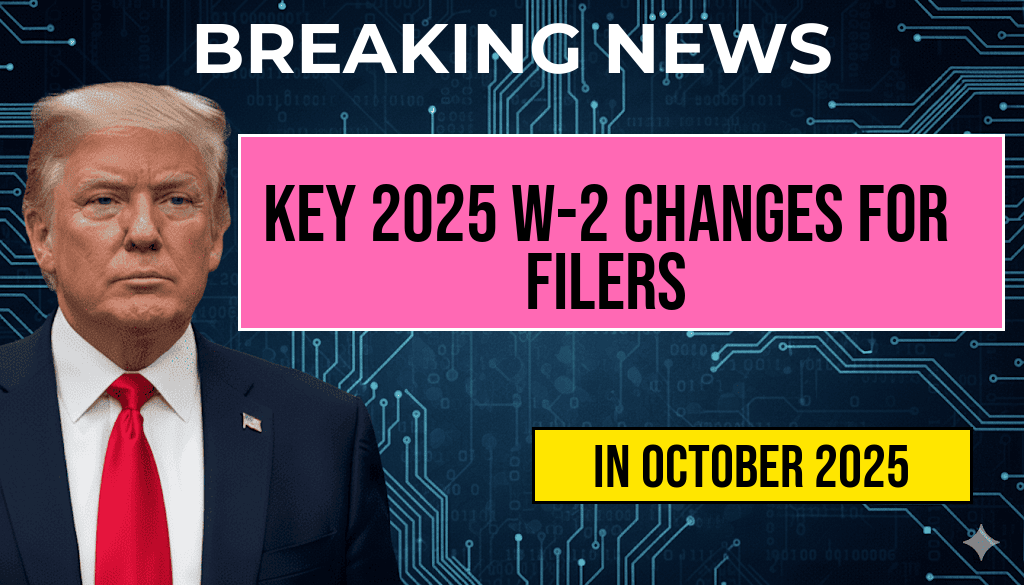The recent decision by Washington D.C. officials to impose a wage freeze has left many restaurant workers struggling to make ends meet. Currently earning just $10 an hour, these workers face a significant annual shortfall of $4,160 compared to the proposed $12 an hour minimum wage. This freeze not only impacts the livelihoods of thousands of individuals but also raises questions about the city’s commitment to supporting its essential workers, particularly in the hospitality sector. As the cost of living in D.C. continues to rise, the disparity between wages and living expenses has become a pressing concern for both workers and advocates alike.
Impact of the Wage Freeze on Restaurant Workers
The wage freeze, which affects employees in the restaurant industry, comes at a time when many are still recovering from the economic fallout of the COVID-19 pandemic. With the city’s vibrant dining scene facing ongoing challenges, the decision to maintain wages at $10 an hour has sparked outrage among workers and labor advocates.
Financial Strain on Workers
For many restaurant employees, the current wage structure means they are unable to cover basic living expenses. The following breakdown highlights the financial gap created by the current wage policy:
| Hourly Wage | Annual Income (40 hours/week) | Annual Shortfall |
|---|---|---|
| $10 | $20,800 | $4,160 |
| $12 | $24,960 | N/A |
This table illustrates the stark contrast in annual income between the current wage and the proposed increase. With many workers taking on extra shifts or pursuing additional jobs, the pressure to make ends meet has never been greater.
Community Response and Advocacy
In response to the wage freeze, local advocacy groups have begun mobilizing support for restaurant workers. Organizations such as the Restaurant Opportunities Center United (ROC United) are working tirelessly to raise awareness about the financial struggles faced by service industry employees. They argue that fair wages are essential not only for individual workers but also for the broader D.C. economy.
- Advocacy for Change: Groups are pressing city officials to revisit the wage freeze and consider the long-term benefits of raising the minimum wage.
- Public Awareness Campaigns: Initiatives are underway to inform the public about the challenges faced by restaurant workers and the importance of fair compensation.
- Support for Workers: Resources and assistance programs are being made available to help workers navigate financial hardships.
Broader Economic Concerns
The wage freeze has broader implications for the D.C. economy, particularly as the city strives to recover from the pandemic. Experts warn that inadequate wages can lead to higher turnover rates, decreased employee morale, and ultimately, a decline in service quality. As restaurant workers become increasingly dissatisfied with their pay, the risk of losing skilled employees grows.
Looking Ahead
As discussions around wage reform continue, the future of D.C.’s hospitality industry hangs in the balance. Advocates for workers argue that raising the minimum wage will not only help individual employees but will also benefit the city’s economy as a whole. By ensuring fair compensation, D.C. can foster a healthier workforce, stimulate consumer spending, and enhance the overall quality of life.
With the cost of living in D.C. consistently on the rise, the urgent need for change is clear. As city officials consider the implications of their wage policies, the voices of restaurant workers must be heard. The ongoing dialogue surrounding this issue will play a crucial role in shaping the future of the city’s restaurant industry and the lives of those who work within it.
For further information on wage issues and the impact on workers, you can visit Wikipedia’s page on Minimum Wage or read about the situation from Forbes.
Frequently Asked Questions
What is the current wage for restaurant workers in D.C.?
The current wage for restaurant workers in D.C. is $10 an hour due to a wage freeze implemented by local authorities.
How does the wage freeze impact workers’ earnings?
The wage freeze results in a $4,160 annual shortfall for restaurant workers compared to what they would earn at the proposed rate of $12 an hour.
Why is there a demand for a higher minimum wage for restaurant workers?
Many advocates argue that restaurant workers deserve a higher minimum wage, such as $12 an hour, to better support their living expenses and ensure fair compensation for their work.
What are the potential consequences of the wage freeze for restaurant workers?
The wage freeze can lead to increased financial hardship for restaurant workers, making it difficult for them to cover basic living costs and resulting in a significant annual shortfall.
Is there any movement to change the current wage situation for restaurant workers in D.C.?
Yes, there are ongoing discussions and advocacy efforts aimed at raising the minimum wage for restaurant workers in D.C. to more equitable levels, such as $12 an hour.






